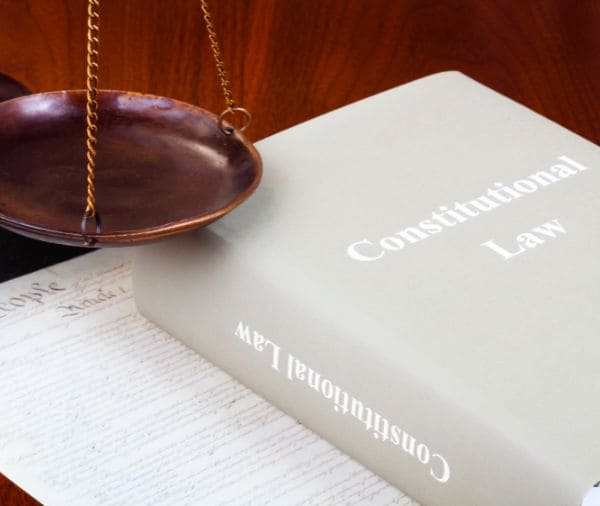
DEFINITION AND SCOPE OF THE EXPEDITED FREEDOM ACTION
The expedited freedom action operates within the framework of constitutional guarantees and aims to challenge delays that unjustly prolong preventive detention or hinder the determination of legal status for individuals deprived of liberty.
Constitutional Ruling 0078/2010-R of May 3, as cited in Constitutional Ruling 0026/2018-S2 of February 28, establishes subrules to identify dilatory acts in preventive detention proceedings. These include:
- Unlawful procedural transfers: Instead of directly scheduling a hearing and notifying the parties, authorities order unnecessary and legally unrequired transfers.
- Excessive hearing delays: Hearings are set for dates that are unreasonably far off, beyond what is considered prudent or fair.
- Unjustified suspensions: Hearings are postponed for illegitimate reasons, such as the absence of the prosecutor or the victim/complainant, even if they were duly notified and failed to appear.
These practices are considered violations of procedural promptness and may be challenged through the expedited freedom action.
WHEN AND HOW TO APPLY THE EXPEDITED FREEDOM ACTION
This remedy is appropriate in situations where the right to liberty is being violated due to unjustified procedural delays. It is particularly relevant in criminal proceedings involving individuals in preventive detention, where delays may unjustifiably extend their deprivation of liberty.
According to Constitutional Ruling 0224/2004-R of February 16, any authority receiving a request related to physical liberty is obligated to process it as swiftly as possible, or at least within reasonable time limits. Failing to do so may constitute an unlawful restriction of the right to liberty.
CONSTITUTIONAL PRINCIPLES AND OBLIGATIONS
This procedural mechanism reinforces core constitutional principles:
- Protection of physical liberty
- Prompt and efficient justice
- State accountability in preventing arbitrary detention
The expedited freedom action is a critical legal tool to demand prompt action from judicial or administrative authorities when procedural stagnation places a person’s liberty at risk.
If after reading this article you believe you need legal advice on this matter, contact one of our constitutional law specialists. We are here to assist you.
Frequently Asked Questions (FAQs)
What is the purpose of the expedited freedom action?
It is designed to accelerate proceedings when unjustified delays threaten or violate the right to liberty of a person in detention.
Can this action be filed in any type of delay?
No. It specifically applies to delays that unjustly affect a detainee’s legal status or hinder the resolution of their preventive detention.
What happens if an authority does not act on a request involving liberty?
Such inaction can be challenged through this action, and may be considered an unlawful restriction of the right to freedom.
The content of this article does not reflect the technical opinion of Rigoberto Paredes & Associates and should not be considered a substitute for legal advice. The information presented herein corresponds to the date of publication and may be outdated at the time of reading. Rigoberto Paredes & Associates assumes no responsibility for keeping the information in this article up to date, as legal regulations may change over time.



